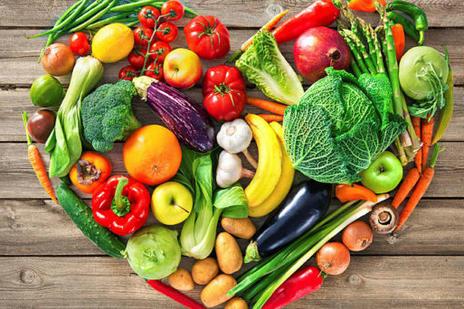
Overview
The world’s food system – which includes production, processing, packaging, distribution and consumption – accounts for roughly a third of global emissions. It’s also responsible for around 30% of global energy consumption. Reducing the emissions intensity of food is critical to achieving our goal of a net zero world by 2050 We’re working with powerful coalitions of businesses and governments to target a range of issues within the food supply chain, particularly in agriculture.
Our work on food
Sustainable agriculture and livestock
Introducing sustainable agriculture and livestock practices to recover and regenerate forests in the Peruvian Amazon and contribute to local economic development.
Reducing emissions from Agriculture, Forestry and Other Land Use
The Climate Pathway Project supports state and regional governments to develop pathways for reducing emissions. Our experts have been working alongside the governments of Amazonas, Mato Grosso and São Paulo State (Brazil), Quintana Roo and Querétaro (Mexico), and Madre de Dios (Peru), to reduce emissions from a range of sectors including Agriculture, Forestry and Other Land Use (AFOLU) and aim to support forest conservation and land restoration.
Climate action from states and regions
States and regions are vital to fighting climate change. Members of the Under2 Coalition of states and regions have each adopted plans for a wide range of ambitious actions across different sectors, including agriculture, to address the climate crisis - with targets of 2030 or earlier.
Strategic funding for climate issues including food, agriculture and land use
The Under2 Coalition’s Future Fund empowers subnational governments to accelerate the shift towards a world of under 2°C of warming, through strategic funding that supports climate activities in developing and emerging economy regions. This includes both practical projects and government-to-government secondments focused on pressing climate issues, including around food, agriculture and land use.